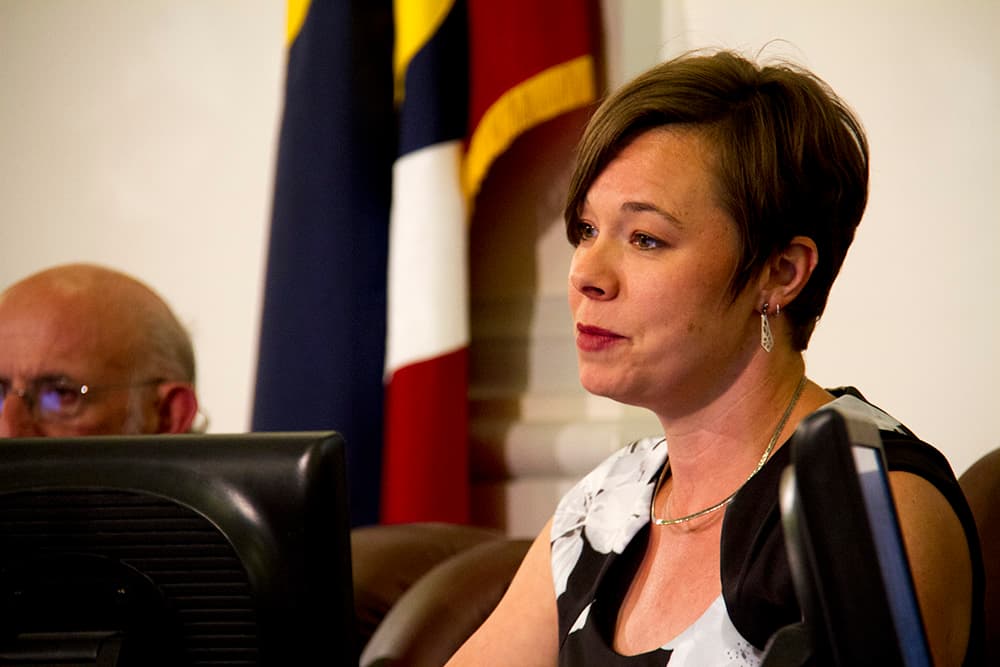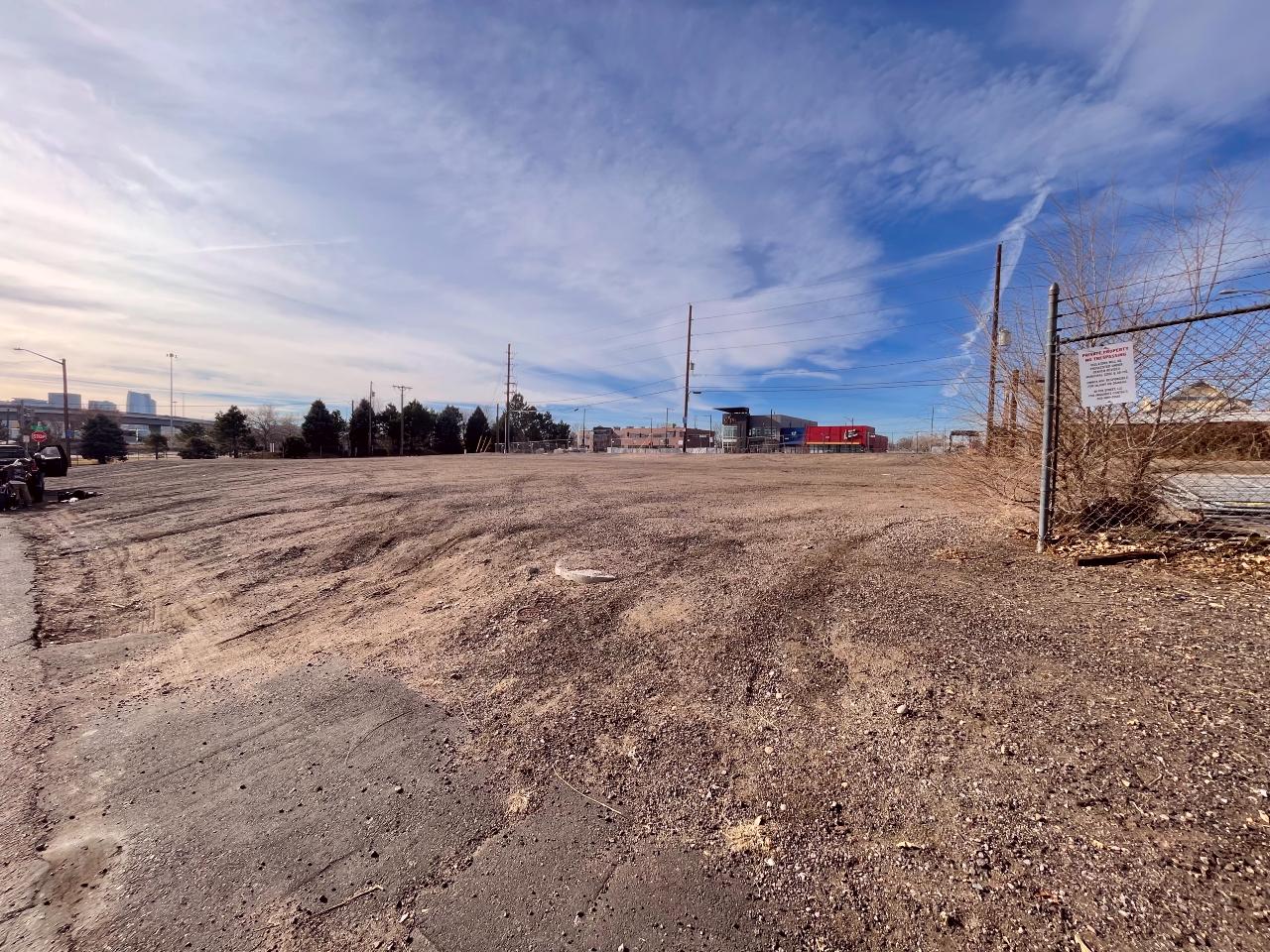
Councilwoman At-large Robin Kniech will run for a third term on the Denver City Council in the May 2019 election, she announced today.
Kniech is one of two at-large members of the council, meaning she represents the entire city rather than an individual district.
"I've been so fortunate to have a base of progressives, activists from the LGBTQ community, from the labor community, from the progressive world," she said in an interview Wednesday.
"I’ve also been blessed citywide to build relationships with neighborhood leaders, and yet I also have respect from some of the business leaders who may not love everything I do, but know I do it with integrity."
With the announcement, she joins 20 declared candidates for municipal offices, including council, clerk and mayor.
"It's very unusual that there’s so many challengers this early. A lot of times, that takes shape in October and November," she said.
What's different this time?
Kniech took her seat in 2011 and won re-election in 2015, a span that has seen the city pull out of the recession and accelerate toward a growth boom and a full-on housing crisis.
Launching her new campaign, she said she would continue to press for more affordable housing in Denver, while also looking for "ways to make that housing less expensive to build."
She has been a persistent voice on the city's housing shortage. Last year, she voted against the city budget, saying that she hadn't received proper responses on her questions about the city's affordable housing spending.
Asked how she would balance the demand for more housing with anti-development backlash, Kniech said that it would be a "block by block" conversation. She has supported rezonings that have brought new density to empty lots and major thoroughfares, she said.
"But I’ve also supported a large number of historic designations, right? I think both those things are needed," she said. "It’s not one big solution to the whole city."
Kniech also has introduced legislation and programs on social issues including eviction, immigration and homelessness.
Last year, she worked with Councilman Paul López on a bill that would have limited the city's cooperation on immigration enforcement. Eventually, Mayor Michael Hancock passed an executive order with similar goals.
Kniech also pointed to her work with Hancock's office to introduce a pilot program that has put mobile, public restrooms on Denver's streets.
All throughout, she said, she has shown her ability to navigate the tricky dynamic between mayor and council in the city's "strong mayor" government.
"You have to be able to find your opportunities for partnership, but you have to do that in a way that doesn’t prevent you from bringing forth the hard questions on the next thing," Kniech said.
The council has taken some flak for its decision not to commission an investigation of Hancock's sexually suggestive text messages to an employee. But Kniech said the elected officials have brought healthy skepticism to the administration.
"I think this council is not afraid to ask hard questions," she said. "It’s not afraid to set high standards and ask that the city and its departments meet those standards. I think it’s good for the people."
Kniech is an attorney who previously worked as a program director for the nonprofit Front Range Economic Strategy Center. She is a native of Milwaukee, a graduate of Drake University and the Northeastern University School of Law and first out LGBT person to serve on the council. She's newly married and has a nine-year-old son.











